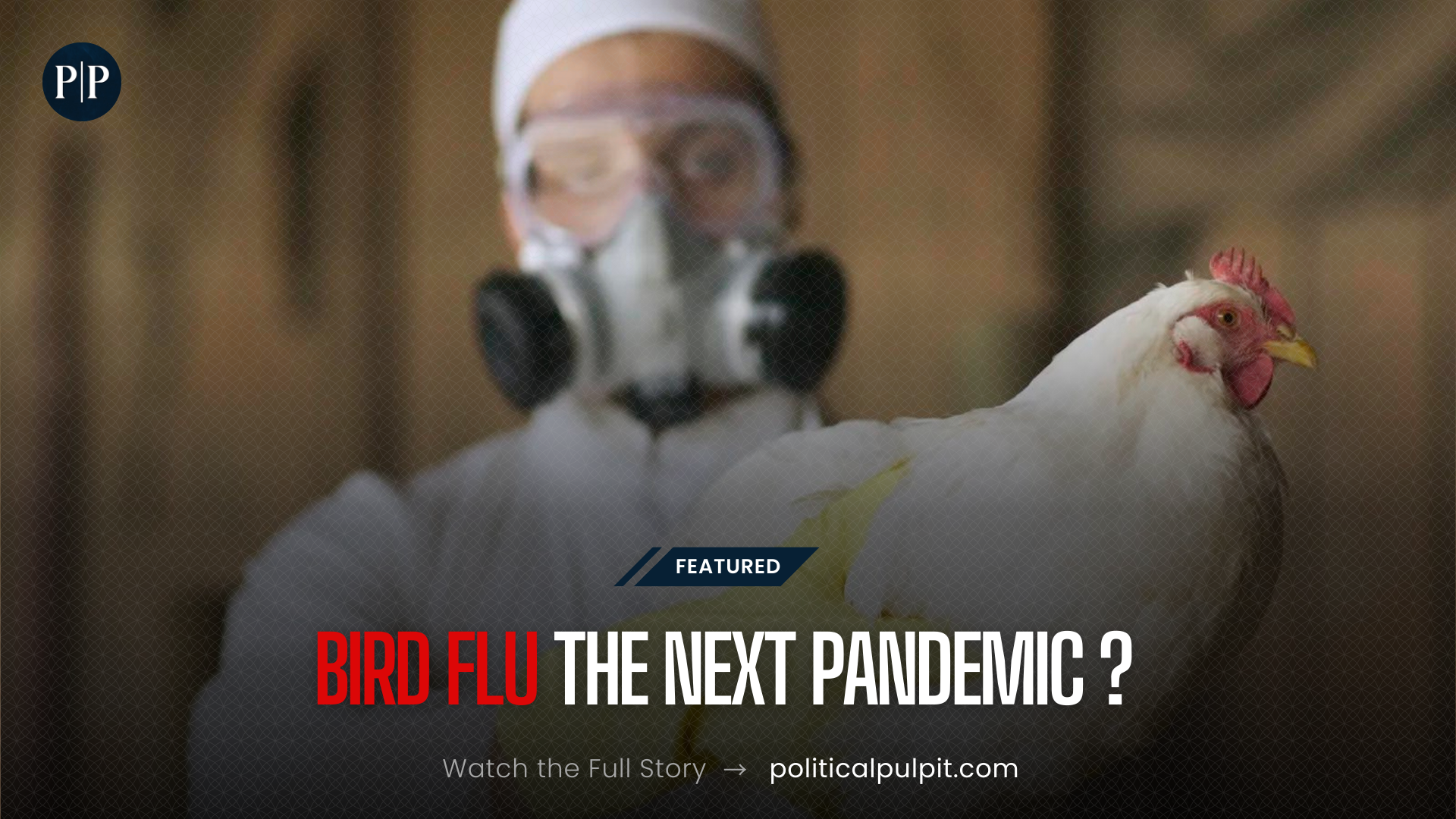As the world slowly recovers from the COVID-19 pandemic, experts are already casting a wary eye towards potential future threats. Among these, the avian influenza, commonly known as bird flu, has emerged as a significant concern. Dr. Peter McCullough, a prominent cardiologist and vocal critic of current public health strategies, has recently sounded the alarm about the risks associated with bird flu and the gain-of-function research that could exacerbate these risks.
Understanding Bird Flu and Its Potential Threat
Bird flu is caused by influenza viruses that primarily infect birds but can, in some cases, cross species barriers to infect humans. Historically, bird flu has shown a high mortality rate among those infected in underdeveloped countries. Dr. McCullough warns that this disease, now identified as a potential “Disease X” by several health organizations, could be the center of the next pandemic (The Georgia Record) (Alpha News).
In recent statements, Dr. McCullough highlighted cases of bird flu infections in humans in Texas, Michigan, and Australia. Although these cases have been mild, the potential for widespread outbreaks remains a significant concern. The main threat, however, may not be the virus itself but the methods used to study it and the implications of these studies.
The Dangers of Gain of Function Research
Gain-of-function research involves manipulating pathogens to increase their transmissibility or virulence to better understand potential future pandemics. While the intent is to preemptively develop strategies to combat these pathogens, this type of research is fraught with risks. The possibility of accidental release or misuse of these enhanced pathogens poses a grave threat to global health.
Dr. McCullough has been particularly critical of the gain-of-function research being conducted in various facilities, including those in the United States. He points to the Poultry Diagnostic & Research Center at the University of Georgia and the Southeast Poultry Research Laboratory as sites where such research is taking place. These facilities are equipped to handle highly pathogenic avian influenza viruses, conducting studies that could inadvertently create more dangerous strains (The Georgia Record) (Alpha News).
Funding and Ethical Concerns
The funding of gain-of-function research by U.S. agencies has also come under scrutiny. Critics argue that the potential benefits do not justify the risks involved. Dr. McCullough and others have called for greater transparency and a reevaluation of the ethical implications of this research. They argue that the same resources could be better utilized in developing safer and more effective methods to combat infectious diseases without resorting to high-risk experiments(The Georgia Record) (Alpha News).
Preparing for the Future
The call to action is clear: there must be stringent oversight and regulation of gain-of-function research. Public health agencies and governments need to ensure that any research conducted is both safe and ethically sound. Moreover, there should be a concerted effort to educate the public about the potential risks and benefits of such research.
In conclusion, while bird flu itself is a significant concern, the broader issue lies in how we study and prepare for these potential threats. The lessons learned from the COVID-19 pandemic should guide future policies, ensuring that scientific advancements do not come at the cost of public safety. As Dr. McCullough continues to advocate, a balanced approach that prioritizes safety and transparency is essential in safeguarding against future pandemics (The Georgia Record) (Just The News) (Vigilant News Network) (Alpha News).
